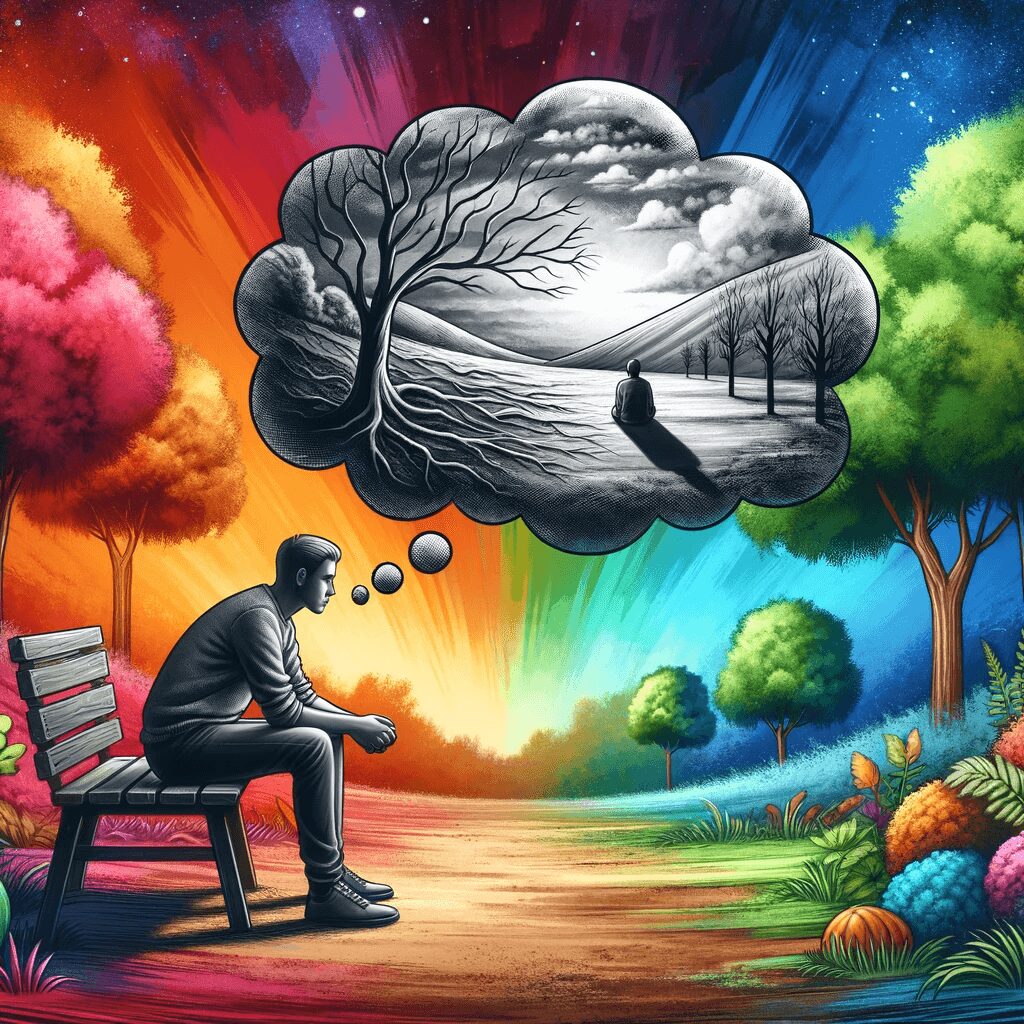Regarding mental health disorders, Borderline Personality Disorder (BPD) and Bipolar Disorder are often mentioned in the same breath. However, they are distinct conditions with unique characteristics and treatment approaches. While both disorders affect mood and behaviour, it is crucial to understand their differences to ensure accurate diagnosis and effective treatment. In this article, we will explore the contrasting features of BPD and Bipolar Disorder and their shared traits, shedding light on the importance of distinguishing between the two. Additionally, we will touch upon Dialectical Behavior Therapy (DBT) and its effectiveness in treating BPD and Bipolar Disorder.
BPD, sometimes called Emotionally Unstable Personality Disorder, is a complex mental health condition characterized by unstable emotions, impulsive behaviour, and a distorted self-image. Individuals with BPD often experience intense mood swings, ranging from extreme happiness to profound sadness or anger within short periods. They may also feel empty, have difficulty maintaining stable relationships, and engage in impulsive behaviours like self-harm or substance abuse. BPD primarily affects interpersonal relationships and emotions, distinguishing it from Bipolar Disorder.
On the other hand, Bipolar Disorder is a mood disorder marked by recurring episodes of elevated mood (mania) and depressive episodes. These mood swings typically last for weeks or months and significantly impact a person’s daily functioning. During manic episodes, individuals with Bipolar Disorder may experience heightened energy levels, increased self-esteem, decreased need for sleep, and engage in impulsive behaviours such as excessive spending or risky sexual encounters. Depressive episodes, on the other hand, are characterized by overwhelming sadness, lack of interest in activities, and feelings of worthlessness or guilt. Unlike BPD, which focuses more on emotional instability, Bipolar Disorder revolves around episodes of mania and depression.
While BPD and Bipolar Disorder have distinct symptom profiles, they share some common features. Both disorders are characterized by intense emotional experiences, albeit in different ways. BPD and Bipolar Disorder can involve impulsive behaviour, albeit driven by different underlying mechanisms. Moreover, both disorders are often comorbid with other mental health conditions, such as anxiety or substance use disorders. These overlapping aspects can sometimes make accurate diagnosis challenging, emphasizing the importance of a thorough assessment by a qualified mental health professional.
Dialectical Behavior Therapy (DBT) has emerged as a practical treatment approach for BPD and Bipolar Disorder. Originally developed by psychologist Dr. Marsha M. Linehan, DBT combines cognitive-behavioural techniques with elements of mindfulness. It aims to help individuals regulate emotions, develop healthy coping strategies, and improve interpersonal skills. DBT offers specific modules that address core areas of dysfunction for individuals with BPD, such as emotional dysregulation, impulsivity, and unstable relationships. For those with Bipolar Disorder, DBT can provide valuable tools to manage emotions during different mood states and enhance overall emotional well-being. By focusing on acceptance, validation, and building resilience, DBT offers hope for individuals grappling with BPD and Bipolar Disorder.
BPD and Bipolar Disorder may share similarities regarding emotional intensity and impulsive behaviours. However, their underlying mechanisms, symptom profiles, and treatment approaches are distinct. BPD primarily revolves around emotional instability and disrupted interpersonal relationships, while Bipolar Disorder involves recurring episodes of mania and depression. Accurate diagnosis by a trained professional is crucial to ensure appropriate treatment and support. Dialectical Behavior Therapy (DBT) has proven effective for both disorders, providing individuals with essential skills to manage their emotions, develop healthy coping strategies, and lead more fulfilling lives. By understanding the differences and similarities between BPD and Bipolar Disorder







